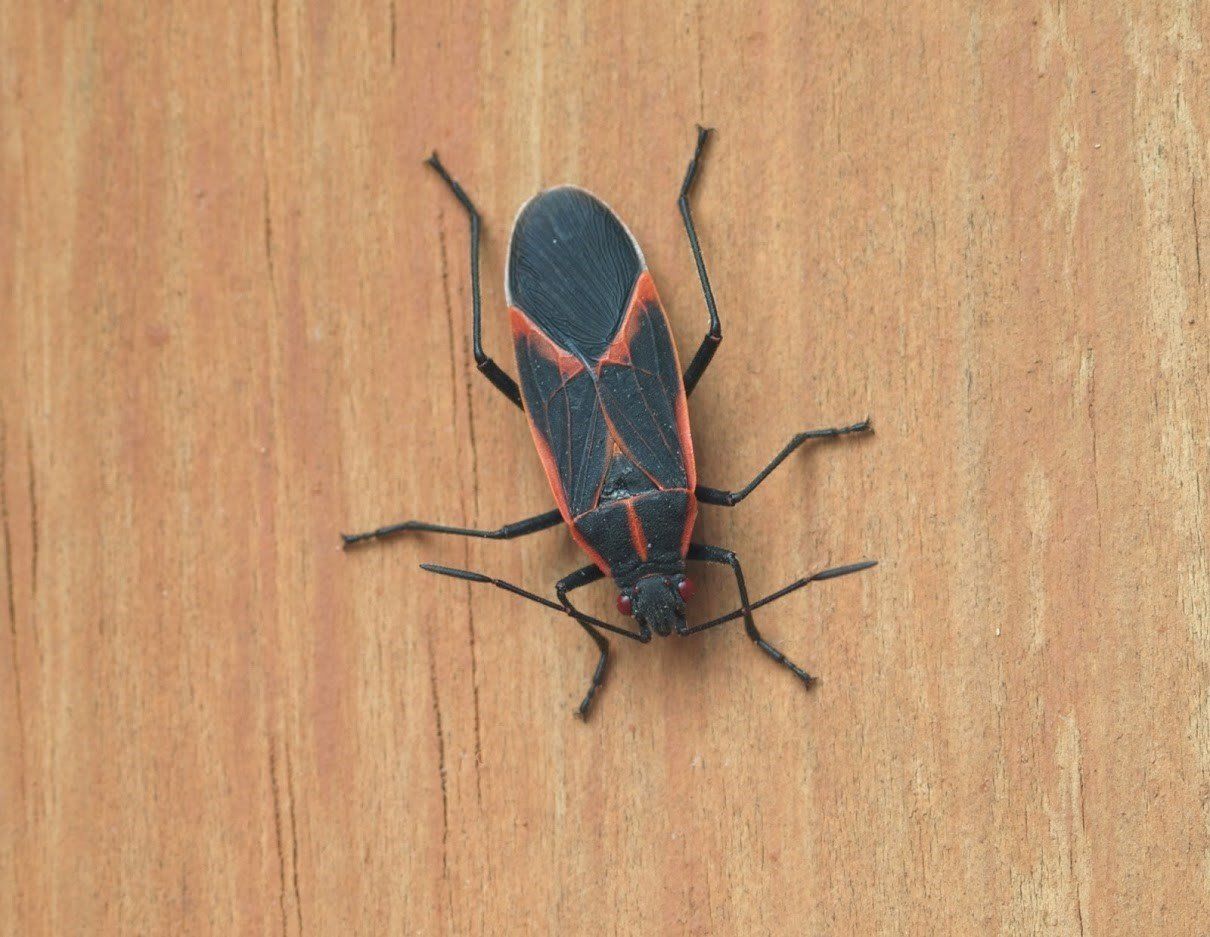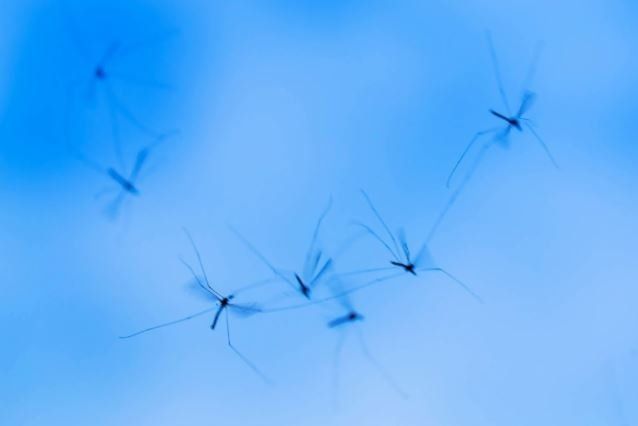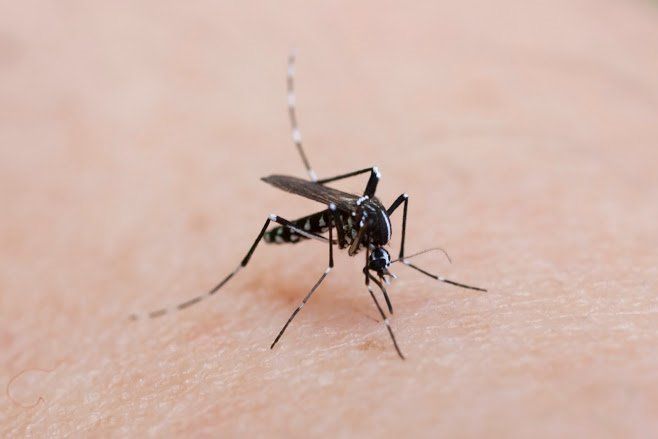Mosquitoes and Disease: Why You Need Professional Pest Control
websitebuilder • June 19, 2018

With 200 different species
of mosquito in the U.S. alone, controlling the mosquito population is critical. These flying invaders aren't just annoying — they're true safety hazards. Whether you can't stand the sting (and the resulting itchy welt) or you're concerned about something more serious, know why mosquito pest control is important for staying safe and healthy.
If you're not sure whether you need to keep the mosquitos in your yard under control, take a look at the possible consequences of letting the population get out of hand. These include a variety of diseases that are preventable with the proper pest treatment and using preventative methods like wearing bug repellent whenever you are around mosquitos.
Zika Virus
Zika is a mosquito-borne virus that is also spread from mother to child (during pregnancy) and through sex. Zika does not currently have a vaccine, meaning that preventing mosquito bites is the best way to protect yourself.
Unlike the flu or other viral infections, Zika often comes with little or no symptoms. If symptoms are present they typically include fever, headache, rash, joint pain, or muscle pain. The virus rarely causes serious symptoms or makes those who are infected seriously sick.
The main concern with Zika is mother-to-infant transmission. Pregnant women who contract the virus run the risk of passing it to their babies in utero. This can cause microcephaly (a condition in which the baby's head is much smaller than normal), severe brain birth defects, miscarriage, or stillbirth.
Women who are pregnant or thinking about getting pregnant should avoid mosquitos. This makes keeping the winged invaders under control an absolute must-do.
West Nile Virus
Like Zika, mosquitoes also transmit this virus, and West Nile also has no vaccine available. Unlike Zika, West Nile Virus (WNV) can cause serious symptoms to the person who is directly infected. Approximately one out of every five people who get WNV will have a fever, joint pains, body aches, headaches, or a rash, according to the U.S. Centers for Disease Control and Prevention (CDC).
Even though this virus may make the infected person feel rundown or uncomfortable, the symptoms typically subside within weeks. One out of every 150 people who get WNV will have much more serious symptoms and consequences. These include encephalitis, meningitis, or even death.
Controlling the mosquito population and protecting yourself with preventative bug repellent sprays are the only ways to stay safe and reduce the risk of contracting WNV.
Saint Louis Encephalitis
Contrary to what the name may make you believe, this mosquito-borne virus isn't transmitted only in St. Louis. Saint Louis Encephalitis (or SLEV) is typically found in the eastern and central part of the U.S.
Similar to WNV, some people who contract SLEV have no symptoms. Those who do have SLEV symptoms may have nausea and vomiting along with headache or fever. The virus can sometimes cause a severe neuroinvasive disease, including inflammation of the brain. This type of encephalitis happens more often in older adults and can result in death.
Again, like with WNV, prevention is key. Use bug repellents and control the mosquitos in your yard and home to lower the chances of contracting this potentially dangerous disease.
Pest control professionals can keep your yard and home free from mosquitoes. This reduces the risks and provides peace of mind. A professional pest control contractor can assess the situation and treat your home with the best, most effective solution possible. They can also give you tips on how to keep yourself safe from potential pest problems.
Do you have a mosquito problem in your yard? Contact Anteater Pest Control Inc.
for help.

Bats can be cute when you see them in nature, but inside your home, they are more than just a nuisance. Bats can carry deadly diseases, like rabies, which means that if you have a bat, you need to take steps immediately to solve the problem. Removal Options Removal is best left to a professional due to the risks involved. Single Bat A single bat may get into the house through an open window or the chimney. The good news is that this usually is a one-time event and you don't have an infestation. The best course of action is to remove pets and people from the room with the bat, open all of the windows in the room, and then close off the room so the bat can't get into the rest of the house. With luck, the bat will find a window and leave. If you must handle the bat, wear gloves and do not touch the bat directly. The safest option is to call in a pest service if the bat doesn't leave on its own. Roosting Colony Sometimes your home provides the perfect place for daytime roosting. Little-used attics are most at risk, but bats may also colonize crawlspaces, spaces in your walls, or outbuildings. You should not try to remove an entire colony of bats on your own. A pest professional that is aware of local and federal wildlife laws should be called in to trap and remove the bats. Prevention Tactics Once you are free of the bats, your next step is to ensure that they cannot return. Exclusion If a bat can't get into your home, you can't have a bat problem — which is why exclusion is your main goal. Your pest service will inspect your home and find the likely entry points that the bats are using. You can also watch your home during the twilight hours to find where the bats are emerging. Once you know the likely entry points and have had all bats removed from the house, you can seal up the openings so the bats can't regain access to your home. Alternative Dwellings If you live in an area with a high bat population or would simply like to keep these beneficial insect-eaters nearby, then providing alternative dwelling options can be just the ticket for diverting bats away from your home. You can buy or build simple bat boxes. These boxes are typically attached to trees or poles to provide a more attractive roosting space for the bats. Cleanup Safety Bats are not clean animals. If a bat has been roosting in your home, then you will have droppings (called guano) and urine to deal with. Guano Sanitation Bat guano can carry histoplasmosis, a fungal spore that can cause a chronic respiratory disease. If you must try to clean up on your own, you need to cover all of your skin, wear gloves and eye protection, and use a respirator mask. All debris must be cleaned up and all surfaces must be sanitized with a bleach solution. Professionals will also use a HEPA vacuum, which has a strong filter that ensures none of the possible fungal pathogens remain in the air. Dead Bat Removal Extreme caution is necessary if there are dead bats in your home. Conditions like rabies can still be transmitted from dead animals. Wear gloves and do not touch the bat directly if you attempt to remove it yourself. The area where the bat was found must also be completely sanitized with a bleach solution. For more assistance with a bat in the home, contact Anteater Pest Control, Inc.









